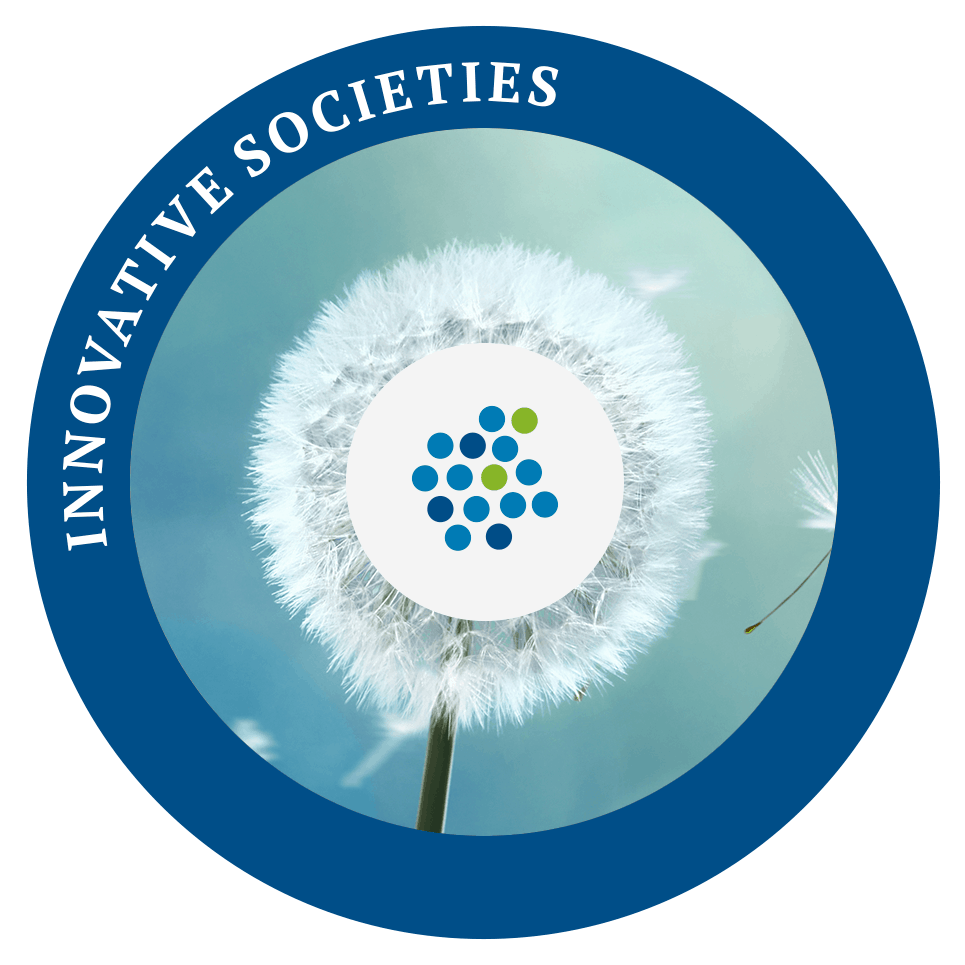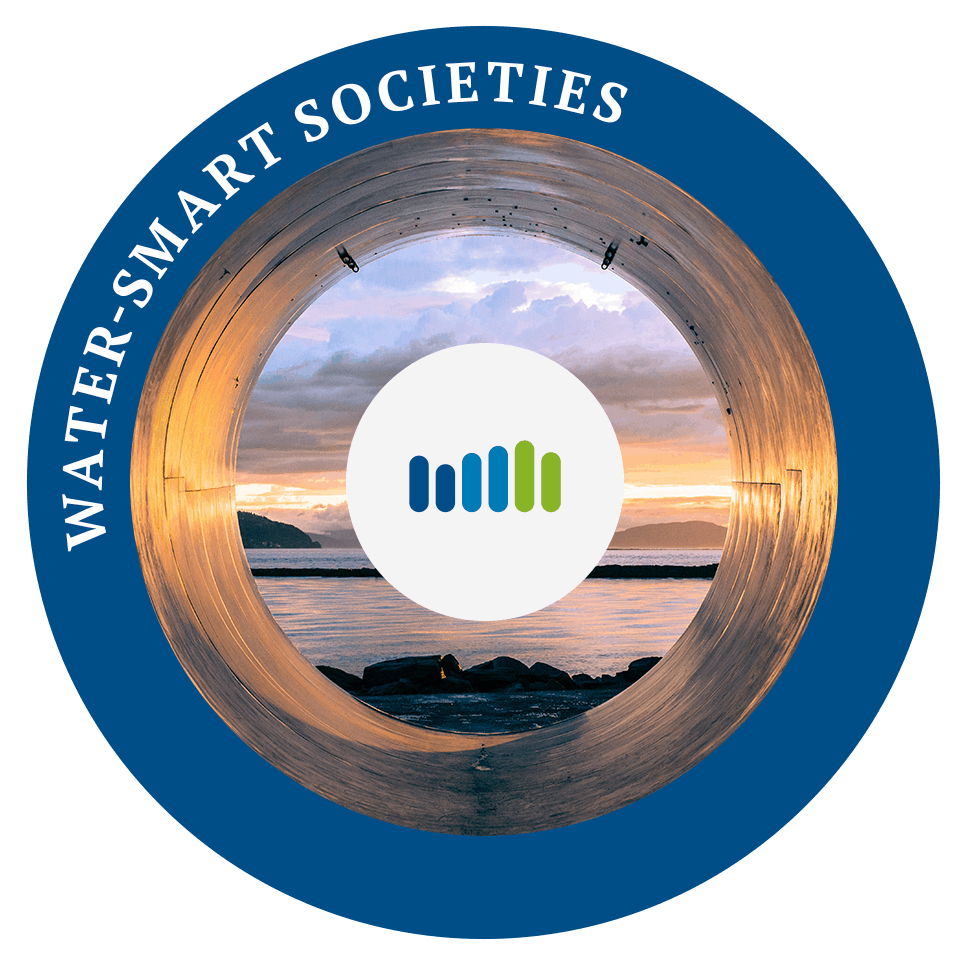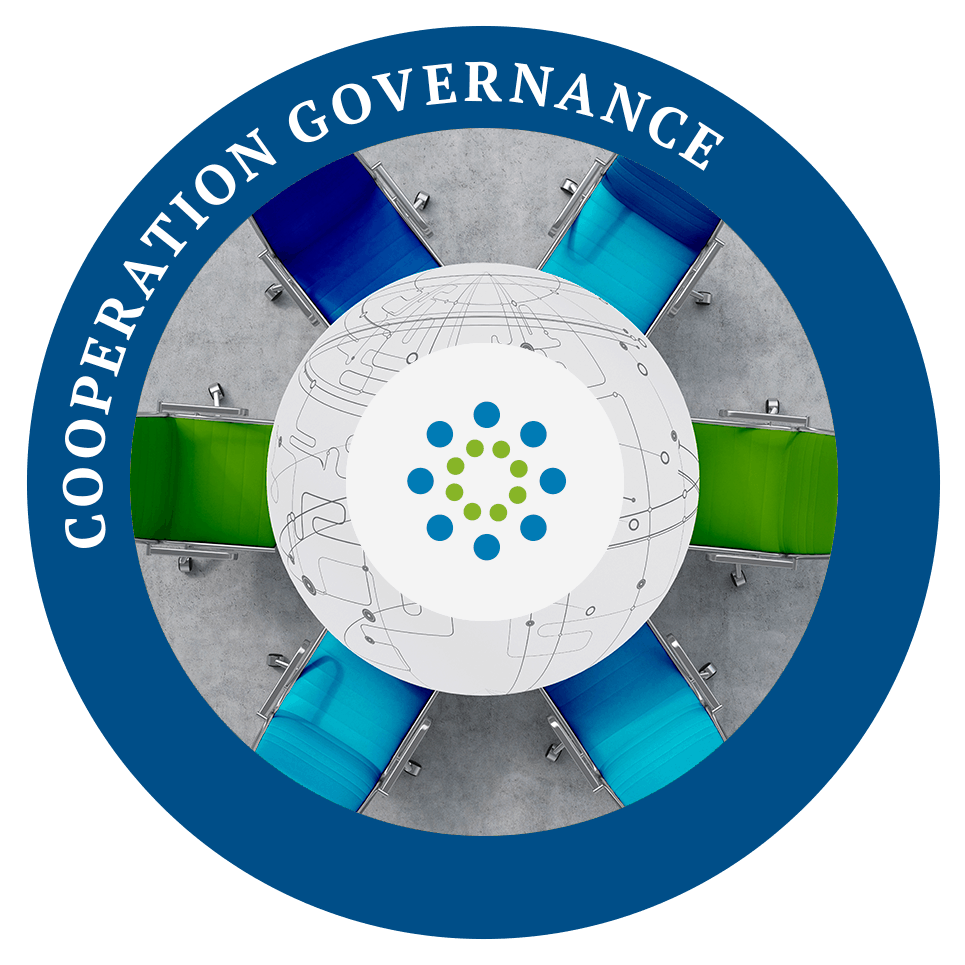priority 1: Innovative Societies
Objective 1.2
Responsive public services
In relation to a growing complexity of societal challenges, the Programme supports actions that improve organisational set-ups and processes to respond to public needs and to deliver less bureaucratic and more cost-efficient public services.
What are responsive public services?
A growing complexity of societal challenges in the Baltic Sea region highlights the weaknesses of existing traditional mechanisms of developing solutions in the public domain. The Programme supports actions that improve organisational set-ups and processes to respond to public needs and to deliver less bureaucratic and more cost-efficient public services. These public services are services for all members of the community. They cover e.g. health care, urban planning and social services.
Invent new solutions
As the nature of challenges for the public sector is rapidly changing, the Programme highlights the importance of building the capacity of public authorities, specialised agencies and infrastructure and service providers to innovate and invent new solutions that are more responsive to change. The actions within this objective should develop systematic public responses that cut across sectors and borders where appropriate. The Programme supports benchmarking solutions across countries to create incentives for public organisations to improve the quality of their delivery. Whenever possible it aims at harmonisation of systems and standards among participating countries. The Programme also reflects territorial specificities, e.g. of rural or remote areas, and promotes mechanisms for tailor-made needs-based services.
New perspectives
Furthermore, the actions should incorporate new perspectives, particularly those of staff directly involved in service delivery and citizens. The Programme encourages interaction between public service providers and the wider community of users. Enhancing social innovation and empowering citizens is enabled e.g. through new technologies facilitating data generation, use and sharing. Additionally, the Programme encourages the application of emerging digital technologies like artificial intelligence or blockchain as important enablers of more responsive public services. The Programme paves the way for resource-efficient and environmentally-friendly public offer for citizens, creating direct opportunities for businesses e.g. through innovative partnerships.
What can I do in my project?
We believe our projects help implement several important strategies in our region, and, in particular, the EU Strategy for the Baltic Sea Region and its policy areas Innovation, Health and Spatial Planning.
Reduce costs & bureaucracy
Test unconventional approaches that reduce costs and bureaucracy as well as make public services more effective, e.g. piloting needs-based, data-driven, cross-sectoral approaches to planning.
Develop common standards
Develop common standards and establish sustainable, inclusive and trustworthy digital public services in the Baltic Sea region including by piloting interoperable public services e.g. testing and developing new data-based health models enabling more participatory and personalised approaches;
Engage citizens
Pilot solutions that increase citizen engagement in transforming public services, e.g. using gamification or other innovative culture-based approaches to motivate different generations to participate in public life, creating environments that foster citizens’ self-organisation, or institutionalising a co-design approach through dedicated labs.
Develop services tailored to the needs
Develop integrated public services tailored to the needs of functional regions and specific territories, e.g. solutions taking into account the settlement structures and demographic trends in rural areas to ensure remote access to services;
Create new business opportunities
Test approaches that establish “innovation partnerships” by combining research and public procurement with the objective to create new business opportunities (including “green” solutions and social innovation);
Get inspired by the ongoing projects
Sign up now
Newsletter subscription
Four priorities & nine objectives
Four priorities for cooperation
Interreg Baltic Sea Region 2021-2027 creates opportunities for organisations to connect
as if there were no borders. With experience and EU funding, we help them cooperate and put their ideas into practice.
Jointly, we make the life of people around the Baltic Sea better.
The Programme is structured along with four priorities. They guide partners in achieving the most when cooperating across borders.
Priority 1
Innovative societies
1.1 Resilient economies and communities
1.2 Responsive public services
Priority 3
Climate-neutral societies
3.1 Circular economy
3.2 Energy transition
3.3 Smart green mobility
Overview: all the Programme objectives
Resilient economies and communities
Objective 1.1
under Priority 1: Innovative societies
Sustainable waters
Objective 2.1
under Priority 2: Water-smart societies
Circular economy
Objective 3.1
under Priority 3: Climate-neutral societies
Project platforms
Objective 4.1
under Priority 4: Cooperation governance
Responsive public service
Objective 1.2
under Priority 1: Innovative societies
Blue economy
Objective 2.2
under Priority 2: Water-smart societies
Energy transition
Objective 3.2
under Priority 3: Climate-neutral societies
Macro-regional governance
Objective 4.2
under Priority 4: Cooperation governance
Resilient economies and communities
Objective 1.1
under Priority 1: Innovative societies
Responsive public service
Objective 1.2
under Priority 1: Innovative societies
Sustainable waters
Objective 2.1
under Priority 2: Water-smart societies
Blue economy
Objective 2.2
under Priority 2: Water-smart societies
Climate-neutral societies
Objective 3.1
under Priority 3: Climate-neutral societies
Energy transition
Objective 3.2
under Priority 3: Climate-neutral societies
Smart green mobility
Objective 3.3
under Priority 3: Climate-neutral societies
Project platforms
Objective 4.1
under Priority 4: Cooperation governance
Macro-regional governance
Objective 4.2
under Priority 4: Cooperation governance
News
Food packaging in retail: how to reduce single-use packaging?
Do we really need all this packaging? Stores are full of all kinds of single-use packaging, from plastic to metal and cardboard. But is it really necessary...
(No title)
No One at 0%, No One at 100%: The Spider Web Model for Everyday Sustainability
We’ve created an easy-to-use tool designed to help you live more sustainably. The Spider Web Model is here to make circular living accessible for everyone, no...
PA Energy Online Workshop for Project Developers
PA Energy Online Workshop for Project Developers: “Partner Matchmaking & Idea Generation for Cooperation in relation to energy issues” (Online)...
Grand results of the first round of small projects!
Despite the winter scenery, the results of 17 finalised Interreg Baltic Sea Region projects are in full bloom! And behind them lie two years of intensive work across borders, mutual learning and inspiration, and connections that last.
Climate-neutral future at hand for Baltic Sea region cities
Turning a city into a climate-neutral one requires knowledgeable people, thorough planning and solid financial resources. But how can cities manage this transition smoothly? The Interreg project Climate-4-Case guides cities around the Baltic Sea on how to do that right.
Designing Interreg Baltic Sea Region that belongs to everyone
10 December 2025 Designing Interreg Baltic Sea Region that belongs to everyone Written by Eeva...









